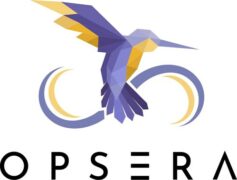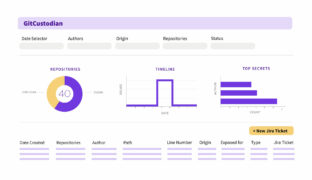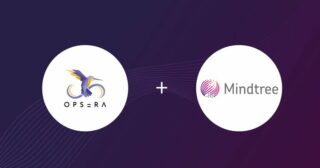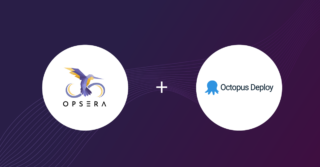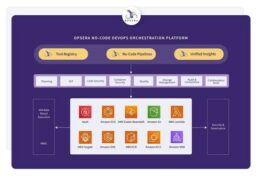Topic: opsera
Opsera introduces new SaaS DevOps capabilities
The continuous orchestration platform for DevOps, Opsera, today announced its enterprise-wide SaaS DevOps capabilities intended to manage and modernize software releases. On top of this, the company has released a new study that demonstrates the need for a single, enterprise-wide SaaS DevOps platform with annual SaaS spending reported as $125 billion in 2021. According to … continue reading
Opsera introduces GitCustodian to protect source code repositories
The team at Opsera, the Continuous Orchestration platform for DevOps, today announced the release of Opsera GitCustodian. This new solution is intended to alert security and DevOps teams of vulnerable data found in source code repositories so that they can prevent vulnerabilities from making it to production. GitCustodian also works to automate the remediation process … continue reading
Opsera and Mindtree announce partnership to help customers further their digital transformations
Opsera, the continuous orchestration platform for DevOps, and the technology services and digital transformation company, Mindtree, today announced that they are entering into a partnership. The combination of the companies is intended to enable enterprises to increase scale, speed-to-market, and customer satisfaction as they advance along their transformation journey. “We are confident that our partnership … continue reading
Opsera and Octopus Deploy announce partnership
Opsera, the continuous orchestration platform for DevOps, has announced that it has entered into a partnership with the automated deployment and release management server, Octopus Deploy. This integration is intended to allow software delivery teams to quickly, securly, and seamlessly create a no-code orchestration layer for end-to-end software supply chain management. Octopus Deploy’s tool to … continue reading
The benefits of low-code/no-code tools for professional developers
Low-code and no-code tooling has become increasingly popular among developers of differing skill levels; from citizen developers to professional development engineers, low-code and no-code solutions have a part to play in several different workflows. This brings up the question of how far developers can really go using this type of coding. According to Andrew Manby, … continue reading
A guide to low-code/no-code platforms
The following is a listing of low-code/no-code tool providers, along with a brief description of their offerings. Caspio: Caspio is the only no-code platform that provides a fully integrated cloud database, unlimited app users, unlimited app developers, standards-based extensibility and seamless deployment to any web property — all included as standard features in every plan. … continue reading
How these platforms support low-code/no-code initiatives
We asked these tool providers to share more information on how their solutions help companies build with low-code. Their responses are below. Charles Kendrick, CTO, Reify and Isomorphic Software Reify of course offers all the usual services: consulting, support, training, etc. But what’s different about Reify is its Hybrid Development model. You can use Reify … continue reading
How these tools facilitate value stream management
We asked these tool providers to share more information on how their solutions help companies with their value streams. Their responses are below. Laureen Knudsen, chief transformation officer at Broadcom ValueOps from Broadcom is the leading Value Stream Management Platform that allows large organizations to deploy and execute a “true” value stream management strategy. Only … continue reading
Value Stream Management: The practice that finally unites business and IT
Some 86% of respondents to a Broadcom survey on value stream management indicated they are not doing value stream management right now. To that, Lance Knight would say, “Yes, you are. You just don’t know it yet.” Knight, the COO of value stream platform provider ConnectALL, said if a company is already evaluating their processes … continue reading
SD Times news digest: Opsera now available in AWS Marketplace; Trifacta announces support for open-source tool dbt Core; ClickUp raises $400 million in Series C funding
Opsera today announced that it is working with AWS to streamline and automate software delivery management across containers, virtual machines, serverless and Kubernetes. In addition, Opsera is also now available in AWS Marketplace, allowing AWS users to leverage their no-code DevOps orchestration platform for software release and IaC automation. With native AWS integrations, Opsera customers … continue reading
Opsera launches new no-code approach to software delivery
Continuous orchestration platform provider Opsera has created a new approach for software delivery that combines CI/CD tools with no-code automation. According to the company, by orchestrating tools, pipelines, and insights through a single platform, customers will see benefits such as faster time to deployment, resource optimization, and a cross-functional perspective with KPIs that better correlate … continue reading

